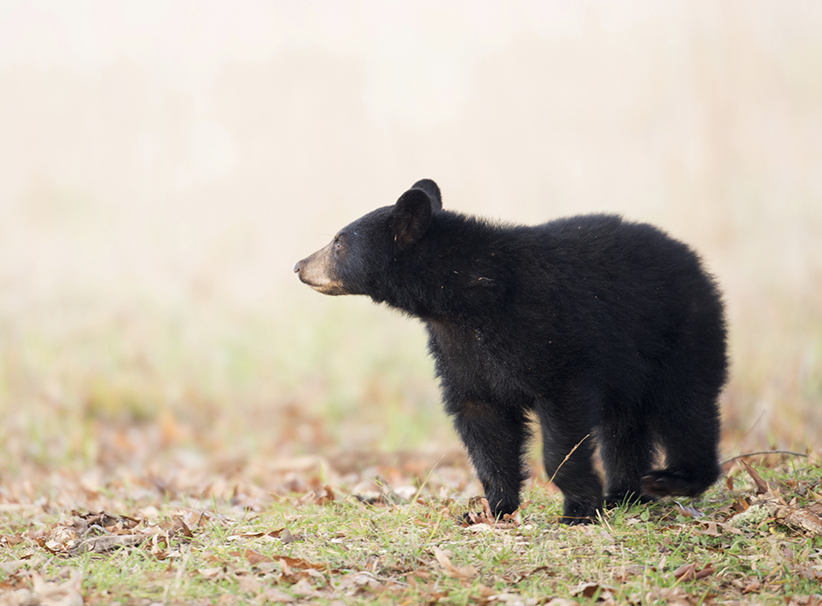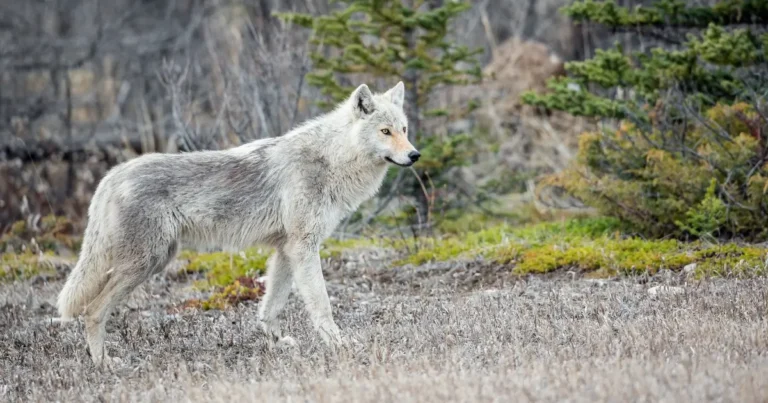
But is there a time when feeding wildlife is not only necessary for public safety, but animal safety, too?
In a surprising article in the Pique News Magazine, Get Bear Smart Society founder Sylvia Dolson notes that it may be time to do what she has advised against for decades.
"We're in the middle of a massive natural food failure and the bears are coming into town looking for food because they're hungry," Dolson told the Pique News. “In my view, this is when a diversionary feeding program would be the most humane thing to do."
Dolson, who has brought her bear smart messages to the Living With Wildlife conference and Defender Radio in the past, is not treating this idea lightly, noting that it would be a rare exception to the no-feeding mantra. And it comes on the heels of two bears being killed in her community last week.
Brandon Barrett, the journalist who penned the piece in the Pique, did his homework, speaking with other organizations who have resorted to drastic feeding action.
“We were having a horrible, horrible season; we had two forest fires and an awful drought and bears were breaking into houses,” said BEAR League director Ann Bryant, whose organization in Lake Tahoe took to feeding bears in 2007. “They were going into houses even with people in there.”
Before providing food, the League attempted several other courses of action. Their final decision was not supported by government. But despite the potential fines or arrest for feeding, volunteers began taking biologically-appropriate foodstuffs into bear territory.
“In the areas where we did the food drops, the break-ins immediately went on the decline and pretty soon stopped," Bryant said. “In the areas we weren't comfortable doing [the drops] because of the threat of arrest, the break-ins escalated.”
In the following years, when berry crops improved, the bears did not depend on human-supplied drops and were able to return to regular foraging.
“Diversionary feeding is a temporary solution and is difficult to sustain over long periods of time (as it is costly and requires manpower resources to implement),” reads the Get Bear Smart Society’s web page on diversionary feeding of bears. “It can, however, be considered during massive natural food failures. Over the long term, the only real cure to residential bear problems is for people to clean up food or garbage that may attract bears.”
A decision like this should not be made lightly, nor should it be made by any one individual. An entire community, including wildlife officers and emergency responders, must be involved and aware of any such action.
But in a time of dire need, when mother bears are being killed by humans because of significant losses to the natural food supply and ecosystem, it is something that, with the help and advice of experts, should be considered. We will be following this news story and providing you updates from the Get Bear Smart Society as they are available.
If you want to learn more about diversionary food programs – the risks, research, and reasoning, please visit the Get Bear Smart Society’s excellent webpage on the matter at bearsmart.com.
Work like our growing Living With Wildlife campaign is only possible with the support of monthly donors. Please consider become a monthly donor – for as little as $5 a month – and help us create a Canada that is truly humane.

